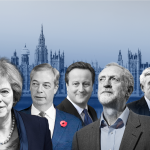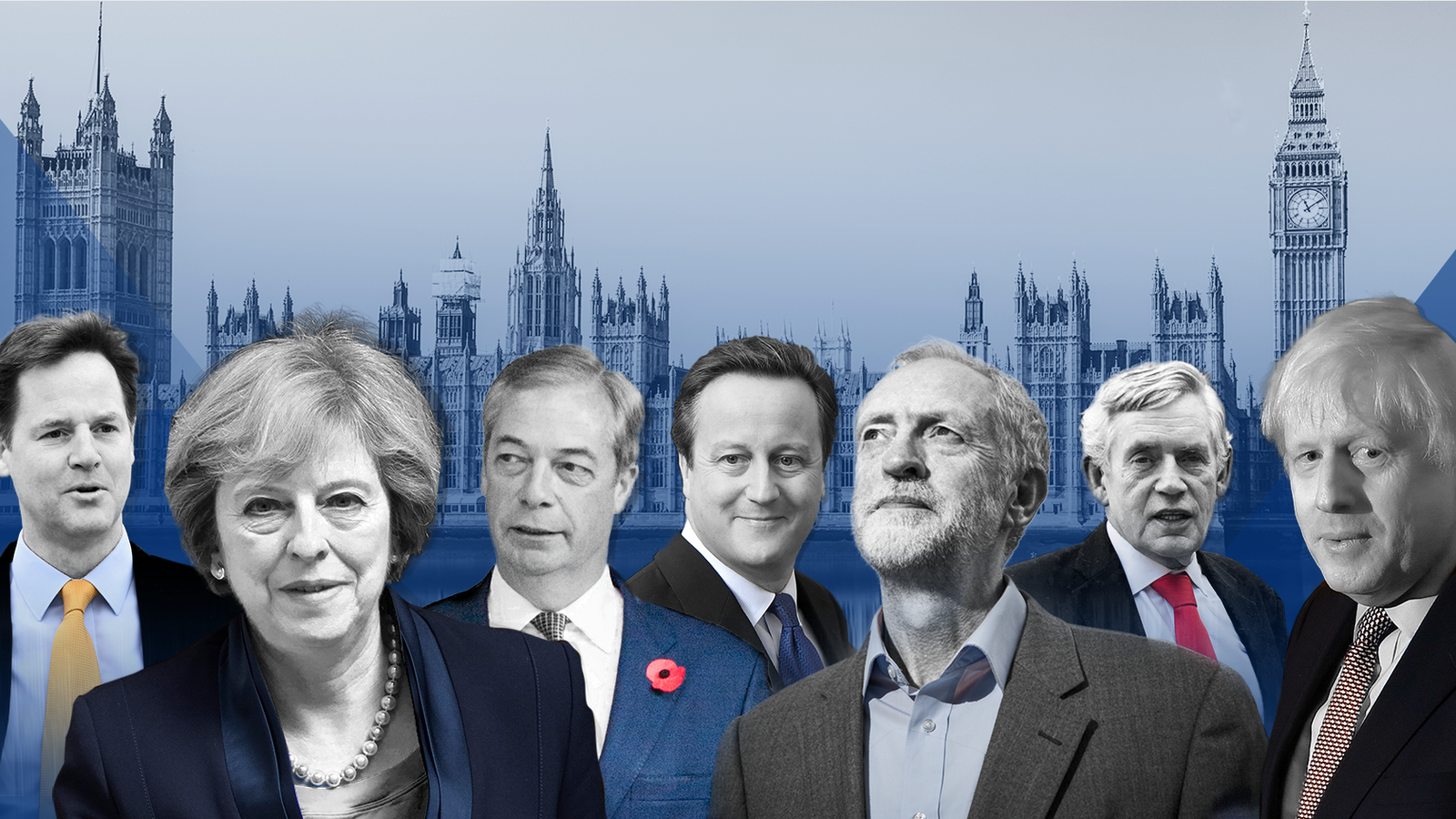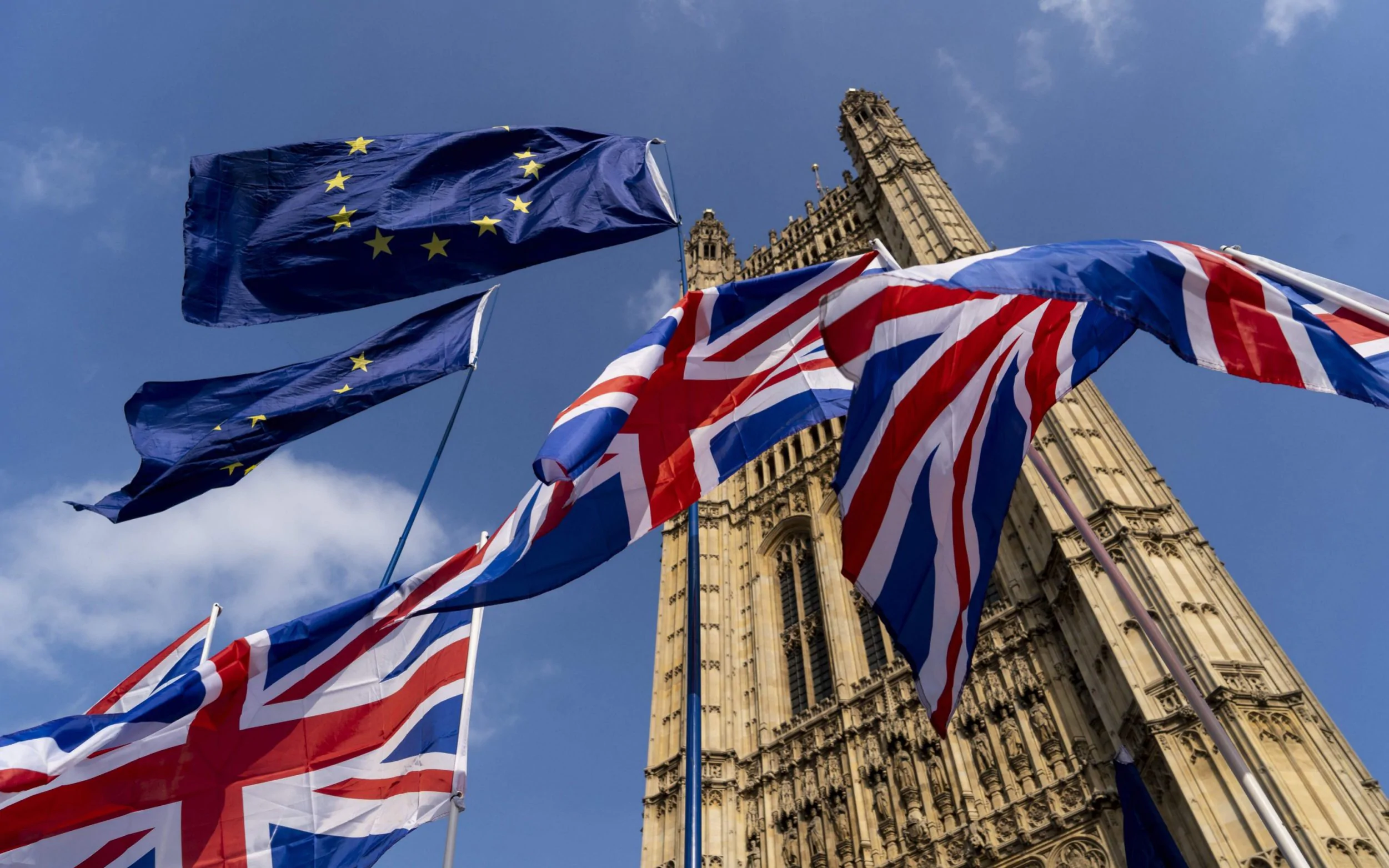In any democratic society, elections are a critical mechanism through which citizens express their preferences and shape the direction of their government. While party loyalists make up a significant portion of the voting population, it’s often the swing voters—the undecided or independent-minded individuals—who wield disproportionate power in determining election outcomes. In the UK, this phenomenon is particularly significant, as the political landscape has evolved into a complex interplay of traditional allegiances, emerging issues, and changing demographics. Understanding the role of swing voters is essential for anyone interested in predicting election results or influencing political campaigns.
Who Are Swing Voters?
Swing voters are those individuals who are not firmly committed to a particular political party and may vote differently in each election. They are often described as “floating” or “undecided” voters because they can be swayed by specific issues, candidates, or campaigns. Unlike loyal voters who consistently back a party based on ideology or long-standing identification, swing voters are more pragmatic and tend to make decisions closer to election day based on their evaluation of the current political environment.
In the UK, swing voters are not confined to a particular demographic or region, though certain areas and constituencies are known for having a higher proportion of them. These voters may come from all walks of life—urban or rural, young or old, rich or poor—and they often span the political spectrum, making them a diverse and unpredictable group.
Why Swing Voters Matter
Swing voters hold the key to election results for a simple reason: they can change their allegiance from one election to the next, unlike party loyalists who consistently vote for the same party. In closely contested elections, the votes of swing voters can tip the balance, making their preferences and behaviors critically important to candidates and parties.
In the UK, many parliamentary seats are considered “marginal”—constituencies where the majority held by the current MP is small enough that a relatively small shift in voter preferences can lead to a change in representation. It is in these seats that swing voters become the kingmakers, and parties often tailor their campaigns to win over this crucial group.
According to data from recent elections, only a small percentage of constituencies in the UK are genuinely competitive. Many seats are considered “safe,” where one party has such a strong majority that the outcome is almost guaranteed. However, in marginal seats, where the battle is fiercest, swing voters can decide the outcome. These are the constituencies where campaign efforts, media attention, and political resources are most heavily concentrated.
What Motivates Swing Voters?
Understanding what drives swing voters is essential for predicting how they will vote in any given election. Unlike party loyalists, who often vote based on party identity or ideological alignment, swing voters are more likely to be influenced by the specific issues of the day, the perceived competence of the candidates, and their personal circumstances.
- Economic Concerns: Economic factors, such as unemployment, inflation, and the cost of living, are often top concerns for swing voters. If the economy is struggling, voters may look for a change in leadership, regardless of their previous party affiliation. On the other hand, if they feel economically secure, they may be inclined to support the incumbent party.
- Public Services: Issues like healthcare, education, and social services are also critical to swing voters. In the UK, the National Health Service (NHS) is a particularly emotive issue, and parties’ stances on NHS funding and management can significantly influence voter behavior.
- Leadership and Competence: Swing voters tend to be more focused on the perceived competence of individual candidates and party leaders than on party ideology. They are more likely to switch their vote if they believe a candidate is better equipped to handle current challenges, even if they do not fully agree with their policies.
- Brexit and Other Hot-Button Issues: Recent elections in the UK have been heavily influenced by the issue of Brexit. Many voters, especially those who previously identified as swing voters, became more polarized around their stance on Brexit. Even though the UK has formally left the EU, the political and economic ramifications of that decision continue to play a role in influencing voter behavior.
- Tactical Voting: Swing voters are also more likely to engage in tactical voting—choosing a candidate they believe has the best chance of defeating a less desirable option, rather than voting for their preferred party. In recent UK elections, tactical voting has been a significant factor, particularly in constituencies where smaller parties stand little chance of winning but could influence the outcome by splitting the vote.
The Impact of Swing Voters on Recent UK Elections
Recent UK elections offer a clear example of how swing voters can shape political outcomes. In the 2017 General Election, swing voters played a pivotal role in reducing Theresa May’s Conservative majority, leading to a hung parliament. Many voters who had previously supported the Conservative Party switched their allegiance due to concerns over austerity policies, the handling of Brexit, and May’s campaign performance.
In the 2019 General Election, swing voters again proved decisive, this time delivering a resounding victory for Boris Johnson and the Conservative Party. Johnson’s clear stance on “getting Brexit done” resonated with many swing voters who had grown frustrated with the prolonged uncertainty over the UK’s departure from the EU. His ability to capture votes in traditionally Labour-leaning areas, particularly in the so-called “Red Wall” constituencies, demonstrated the importance of appealing to swing voters.
The Future of Swing Voters in UK Politics
As the political landscape continues to evolve, the importance of swing voters is likely to increase. In a multi-party system, where smaller parties such as the Liberal Democrats and the Green Party are gaining ground, and issues like climate change, housing, and social inequality are rising in prominence, the behavior of swing voters will be more unpredictable and potentially more influential.
Political parties will need to adapt their strategies to appeal to this diverse and pragmatic group. Campaigns will likely focus more on issues that resonate with swing voters, such as economic stability, healthcare, and leadership competence, rather than relying solely on party loyalty.
In conclusion, swing voters play a crucial role in determining the outcome of UK elections, particularly in marginal constituencies. Their decision-making is driven by a variety of factors, from economic concerns to leadership perceptions, and their ability to shift their support makes them a powerful force in shaping the political future of the UK. For parties and candidates, understanding and appealing to swing voters will be essential to securing victory in future elections.









